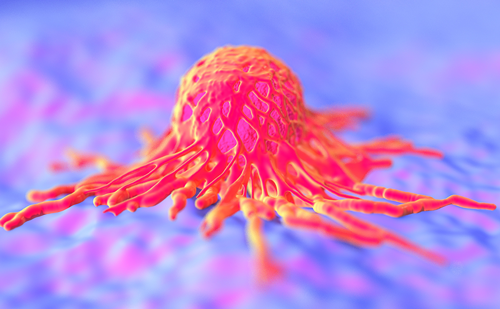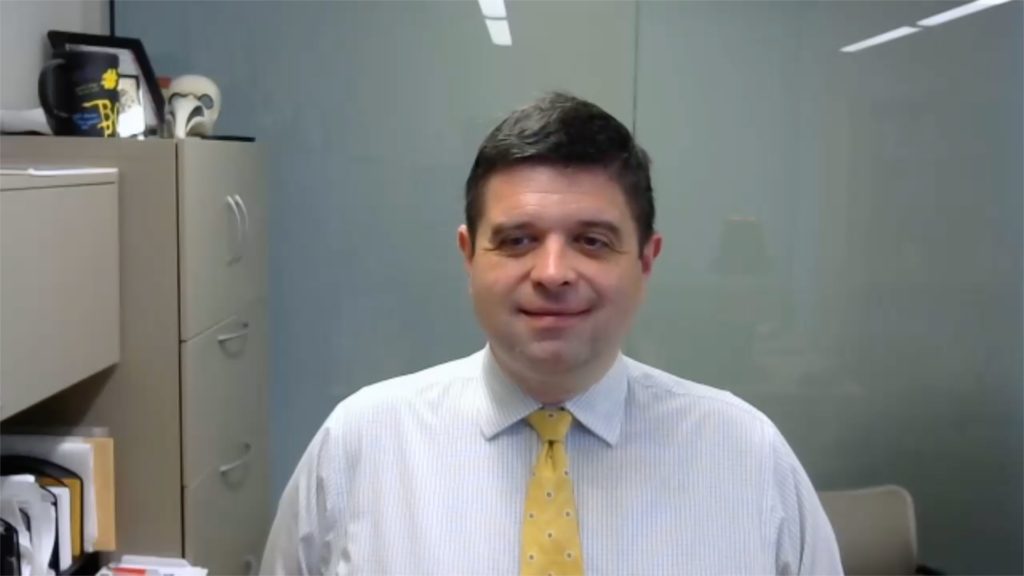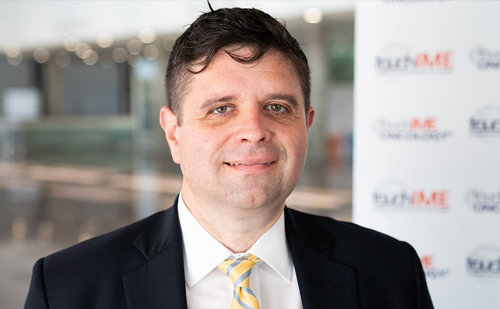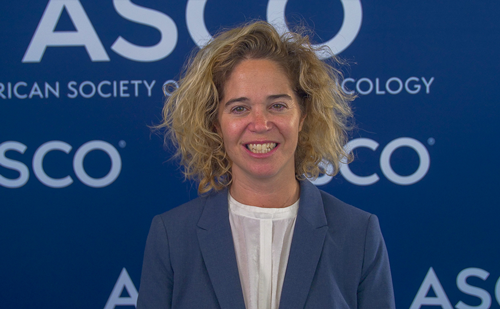“While groundbreaking treatments are transformative, patients often remember the kindness and humanity of their oncologist more than the medicine they receive”
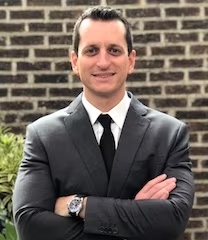
Introducing our Future Leaders series, in this interview Dr Rodrigo Munhoz (Oncology Center – Hospital Sírio-Libanês in São Paulo, Brazil) shares his journey into oncology, offering insights into the motivations that inspired him to pursue this demanding yet rewarding field. Reflecting on his early experiences as a medical student and oncologist, he discusses how groundbreaking treatments, such as immunotherapy, reinforced his commitment to making a difference in patients’ lives. Dr Munhoz also emphasizes the importance of mentorship, drawing on lessons that have shaped his approach to both clinical care and research. His advice for those entering the field highlights the need for ongoing learning, empathy in patient interactions, and the value of leadership that empowers others. Through this conversation, Dr Munhoz explores the dynamic nature of oncology and the ways in which innovation and compassion intersect to improve patient outcomes and the future of cancer care.
- What inspired you to pursue a career in oncology?
My inspiration for pursuing oncology stems from a deep desire to make a meaningful difference in the lives of patients facing one of the most challenging diagnoses; I wanted to contribute to a field that combined cutting-edge research with compassionate care. Coming from Brazil, I saw how access to specialized cancer care was limited for many. My initial exposure to oncology came during medical school, where I saw the profound impact oncologists could have not only on extending life but also on improving its quality. The blend of science, innovation and deep patient connection drew me in. This reality fueled my determination to focus on areas where I could create a significant impact, both clinically and educationally.
- Is there a particular moment or experience in your career that reinforced your passion for your specialty?
During my early years as a medical oncologist, immunotherapy with immune checkpoint blockers emerged. Still in the context of a clinical trial, I had the privilege to witness a young patient with advanced melanoma who had exhausted many treatment options achieve a sustained complete response. Thanks to the rapid advancements in cancer care, we were able to offer new treatments that not only improved this patient’s quality of life and extended his time with his loved ones but also reshaped the expectations and hopes for generations. Seeing the resilience in this patient and knowing that basic and clinical research played a key role in the outcome, reinforced my commitment to this field. Moments like these remind me why I chose to specialize in melanoma and sarcoma, where innovation can truly be life-changing.
- What is the most valuable lesson a mentor has shared with you, and how has it influenced your work?
Although this lesson may sound simplistic, one of the most impactful messages a mentor shared with me came from a world-renowned leader in cancer immunotherapy who, despite being at the forefront of groundbreaking advancements, once answered a somewhat basic question with, “I don’t know; I may have an explanation, but this means nothing without the data”. This moment underscored the humility and curiosity essential to advancing our field. In oncology, we are constantly navigating the unknown — exploring uncharted territories in biology, treatment strategies, and patient care. It’s a reminder to remain curious, to push boundaries, and to create an environment where asking “why” and “what if” are celebrated. That simple, honest response taught me that not knowing isn’t a weakness; it’s an invitation to ask better questions, embrace collaboration, and drive innovation.
- What advice would you offer to those just beginning their journey in oncology?
Oncology is a dynamic and demanding path, but it is incredibly rewarding. It is essential to remain inquisitive and commit to lifelong learning, as the field is continuously advancing. Surround yourself with mentors and colleagues who inspire you and never underestimate the importance of empathy in patient care. While groundbreaking treatments are transformative, patients often remember the kindness and humanity of their oncologist more than the medicine they receive. Finally, remember that leadership is not just about titles—it’s about how you inspire and elevate others in the field.
Disclosures: Rodrigo Munhoz has no financial or non-financial conflicts of interest to declare in relation to this article.
SIGN UP to touchONCOLOGY!
Join our global community today for access to thousands of peer-reviewed articles, expert insights, and learn-on-the-go education across 150+ specialties, plus concise email updates and newsletters so you never miss out.
Click here to REGISTER NOW >>>


